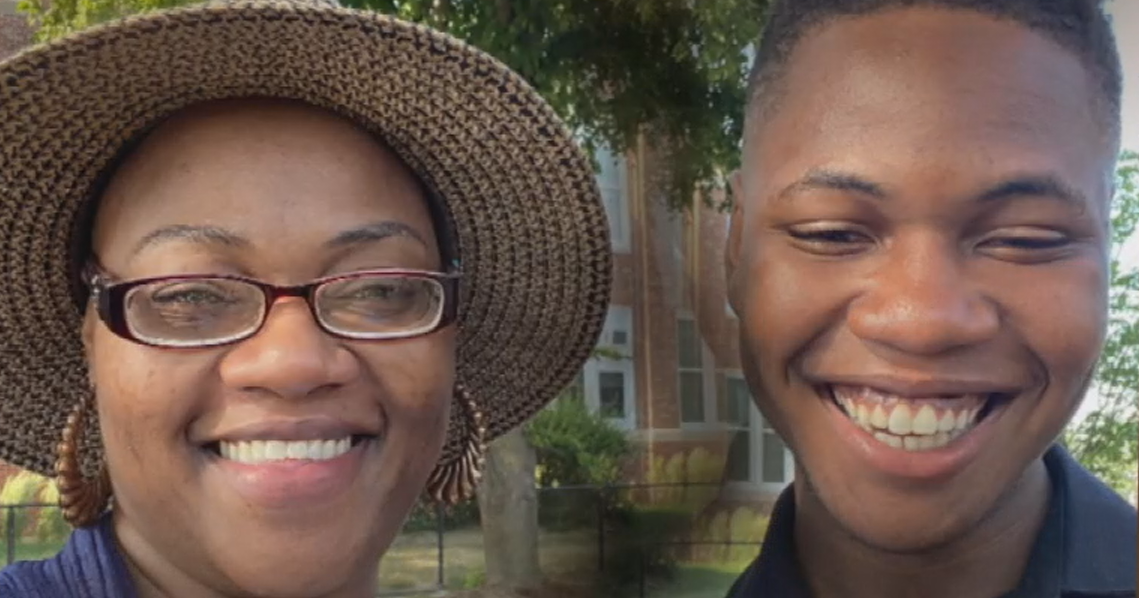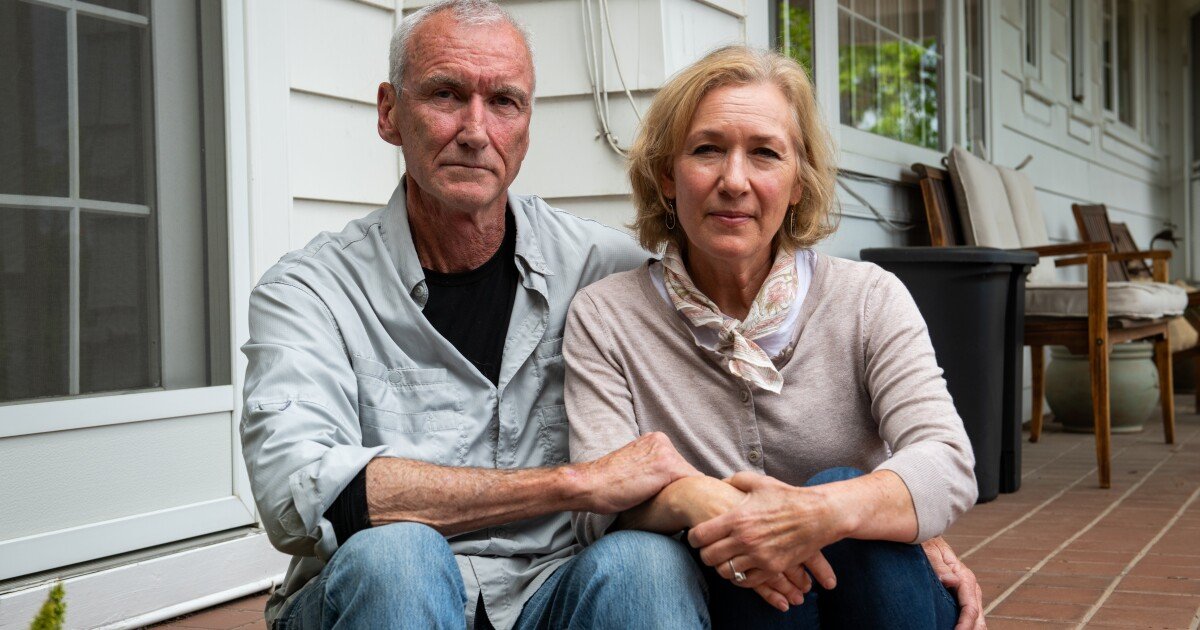Emails obtained by CBS News Chicago indicate that lapses in management, staff shortages, and delays in renovations at the Madden Mental Health Center contributed to the death of 19-year-old Anthony Stringfellow Jr. on February 7, 2023. Stringfellow, who had a history of depression, was found unresponsive in his bathroom after using a shoelace to hang himself. Despite immediate efforts by a mental health technician to revive him, he was pronounced dead upon arrival at Loyola University Medical Center.
Internal communications demonstrate that over three years prior to the incident, the facility had been cited for safety issues related to fixtures that could facilitate suicide. In December 2019, the Centers for Medicare & Medicaid Services (CMS) and the Joint Commission mandated immediate corrective actions. However, extensive delays persisted due to nearly $1 million in missing materials and ongoing staffing shortages.
Stringfellow’s mother, Athena Webster, described her son as a talented and vibrant young man who struggled with overwhelming feelings of depression. Just days before his death, the family had called 911 due to his suicidal behavior when he attempted to jump out of a window. Following this, he was admitted to the UChicago Medicine emergency department and subsequently transferred to the Madden facility, where he was classified as a moderate suicide risk. Records indicated that he should have been monitored every 15 minutes, but this protocol was not followed.
An investigation by the Illinois State Police confirmed that the required observation checks were neglected. Webster has since filed a lawsuit against several staff members at Madden and the Illinois Department of Human Services (IDHS) for alleged negligence in her son’s care.
The internal emails reveal a facility overwhelmed by the demands of an anti-ligature project aimed at removing hazardous fixtures that patients could use to harm themselves. This project, initiated in 2017-2018, was meant to enhance patient safety by replacing dangerous door hinges and other equipment. Yet, by January 2023, IDHS was still requesting updates on the project’s progress, highlighting that the facility was falling behind.
Following Stringfellow’s death, the urgency of the oversight increased. Investigations discovered that checks on patients had not been performed as required, and documentation had been falsified. Emails from IDHS officials indicate confusion over project costs and timelines, with one communication noting that Madden had requested over $1 million in supplies but lacked clarity on what was actually needed.
Staffing deficiencies were cited as a major barrier to progress. A chief engineer reported that only one carpenter and one plumber were available to complete the necessary installations, significantly slowing down the renovation process. By the fall of 2023, the estimated costs for completing the anti-ligature project had dramatically decreased after previously uninstalled items were discovered, yet work remained uncompleted.
By May 2024, an attempted suicide occurred in another area of the facility that had received some anti-ligature modifications. This prompted further inquiries into the facility’s progress on safety measures. The director of the division of mental health requested a comprehensive update on anti-ligature efforts, emphasizing the need for accountability in addressing these critical safety risks.
The timeline of events shows a clear pattern of inaction despite the identification of risks. From 2018 to 2024, extensive delays and insufficient staffing hampered efforts to improve safety for patients like Stringfellow. In total, the timeline indicated that by the end of 2025, all patient pavilions are expected to be retrofitted to eliminate ligature risks.
Advocates for mental health reform, like Lisa Dailey of the Treatment Advocacy Center, argue that the combination of inadequate monitoring and failure to ligature-proof rooms constitutes severe negligence. Dailey stresses the need for increased oversight and accountability to ensure that facilities address safety issues effectively.
Webster, Stringfellow’s mother, echoes these sentiments, calling for systemic changes to protect vulnerable individuals within mental health facilities. She urges that families and patients cannot continue to suffer due to institutional failures, advocating for a transformation in how mental health care is delivered and monitored.



